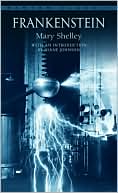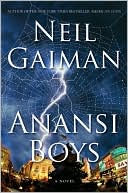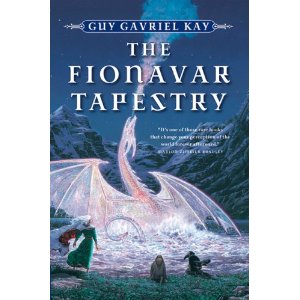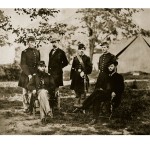Vampires in space. And not some genetically engineered aliens, but at least one earthly (or unearthly), honest-to-Lucifer bloodsucker, born on earth of human parents circa 1452. Piloting a spaceship circa 3050.
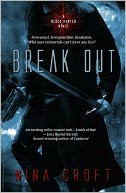 Break Out, by Nina Croft may be the first paranormal science fiction romance I’ve ever even seen, let alone read. It’s also the first book in the series Blood Hunter. Why Blood Hunter? The space vampire again. He is Ricardo “my friends call me Rico” Sanchez, and he became a vampire in the days of the Spanish Inquisition. He doesn’t just pilot that spaceship, he owns it. And that gives him the right to name it. So even though Spanish is a dead language by 3050, his ship is El Cazador de la Sangre, in other words, Blood Hunter, just as he is.
Break Out, by Nina Croft may be the first paranormal science fiction romance I’ve ever even seen, let alone read. It’s also the first book in the series Blood Hunter. Why Blood Hunter? The space vampire again. He is Ricardo “my friends call me Rico” Sanchez, and he became a vampire in the days of the Spanish Inquisition. He doesn’t just pilot that spaceship, he owns it. And that gives him the right to name it. So even though Spanish is a dead language by 3050, his ship is El Cazador de la Sangre, in other words, Blood Hunter, just as he is.
But what about the story? The premise is fairly simple. A woman named Skylar Rossario hires Rico and his ship to rescue her boyfriend from a maximum security prison before “Jonny” is transferred to a death-sentence planet. Both Rico and his ship’s captain Tannis know that the woman is scamming them, the only question in their minds is why. Tannis wants the payday. Rico wants the entertainment, and the woman.
In this universe, immortality can be had, for a price. Treatment with the drug Meridian is expensive. Mining and processing of the drug kills everyone who comes in contact with the unrefined product in two years or less. Membership in the “Collective” of those who have taken the drug requires a loss of self that sounds like a halfway trip to being a Borg.
So when Rico convinces Skylar to tell them that the man she wants to rescue murdered a high-ranking member of the immortal “Collective”, and that he is her brother, and not her boyfriend–he and Tannis decide to go through with the plan. The money is too good, as is the lure of pulling off a supposedly impossible job.
Rico is in this for the excitement. Not just the rescue, but the thrill of discovering all of Skylar’s secrets. What he doesn’t count on discovering is that he might still have a heart and not just a raging libido and a thirst for blood.
Escape Rating C+: My verdict on Break Out is somewhat mixed. The romance part of the story works. As odd as the idea was of a vampire surviving until the year 3000, it actually was part of the plot for a lot of reasons. Rico needed to be who and what he was. At the same time, I kept wondering if there were any others like him. It’s a big galaxy.
But the science fiction parts, well, that was different. The world building about the Collective, and the rebels against the Collective, and how all of that came about, needed some development for it all to make sense for me. I recognize there simply wasn’t time or space in a 99 page book, but still, if this is science fiction, the world needs to get built. I hope that happens in later books in the series. I’d like to see more.



